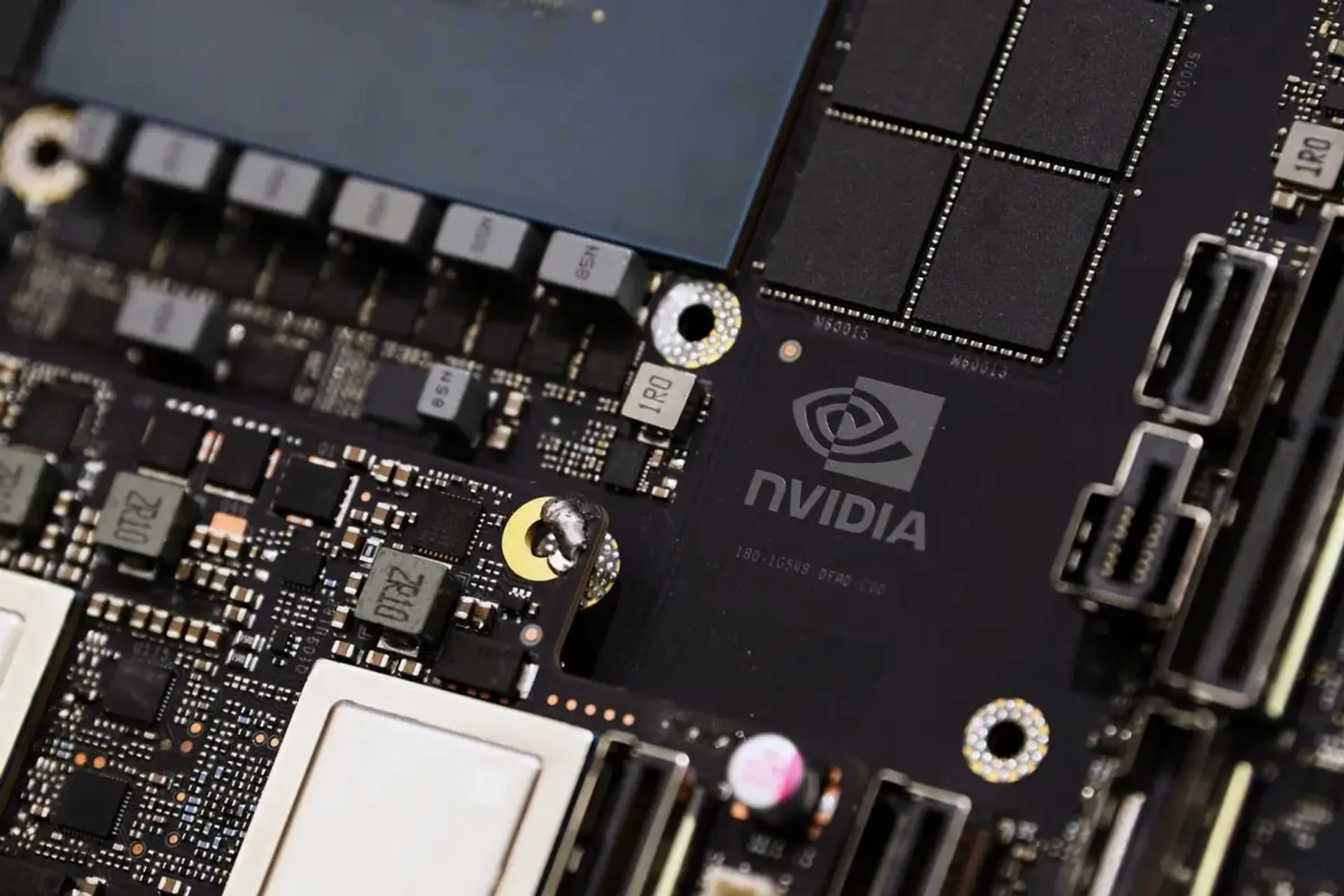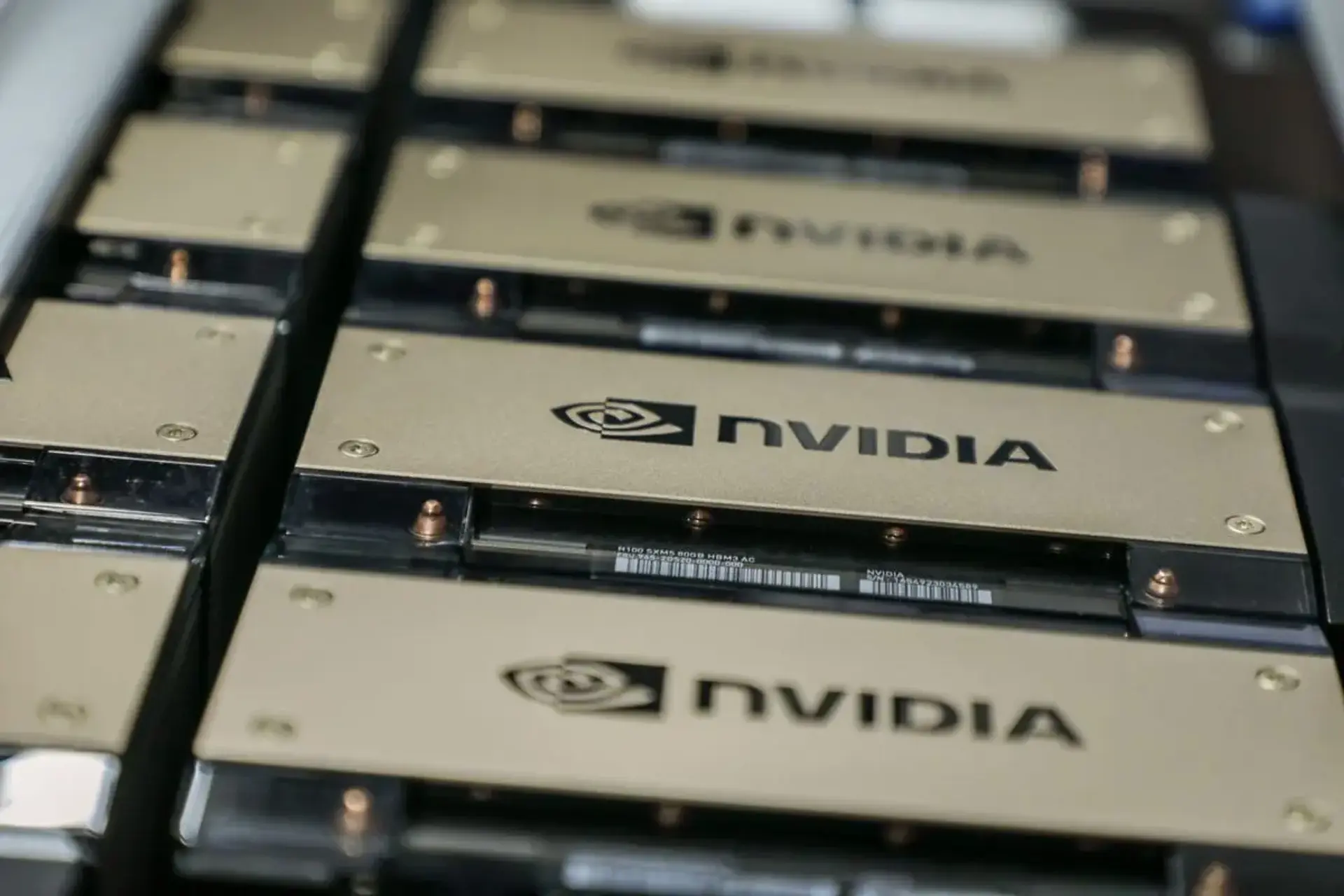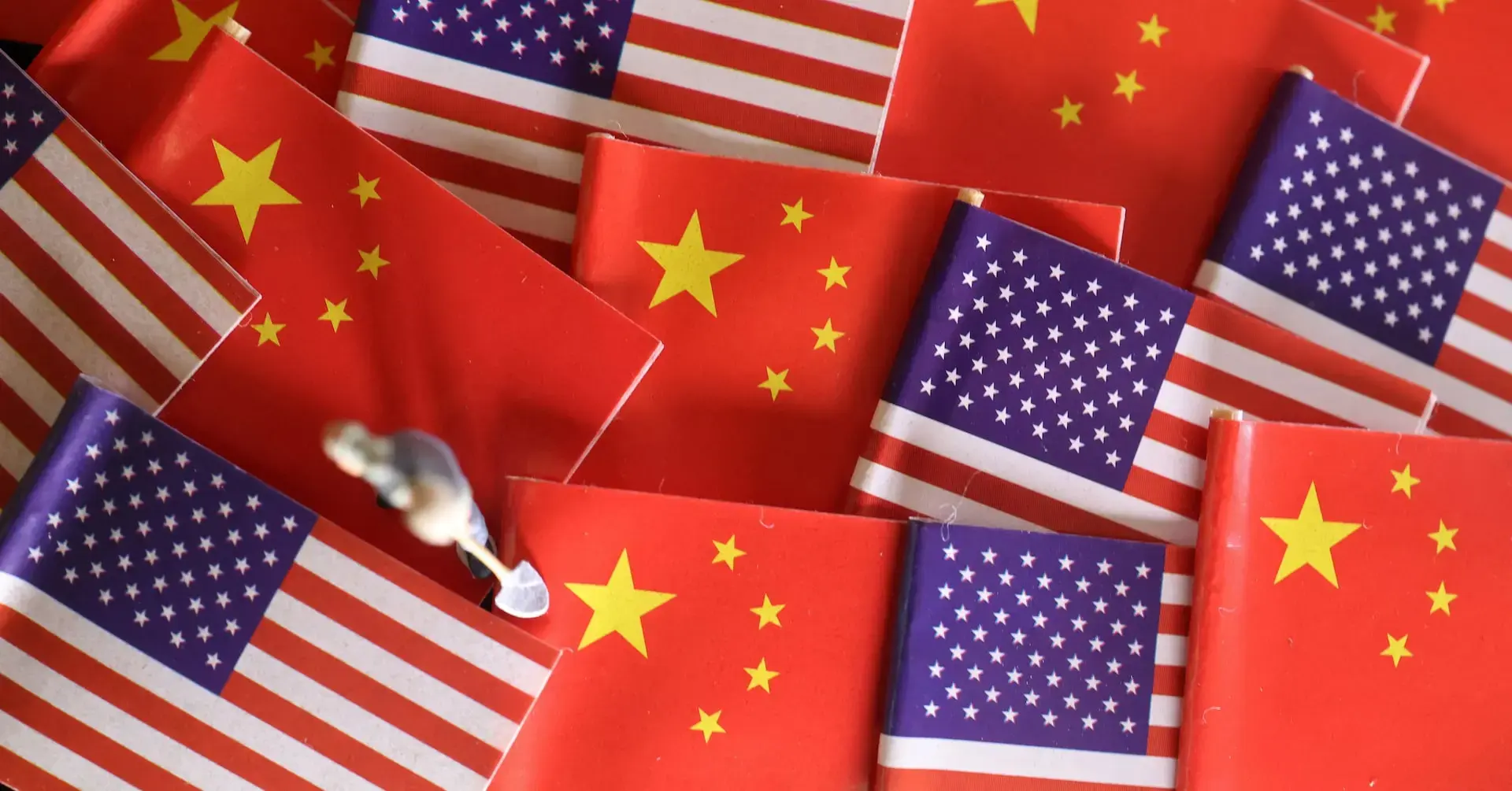Nvidia and AMD have reportedly agreed to pay the US government 15% of their revenue from AI chip sales in China to secure export licenses. This arrangement, which includes Nvidia's H20 and AMD's MI308 chips, aims to balance US competitiveness in AI with trade interests. The US government halted the sale of advanced computer chips to China in April over national security concerns.
Some experts suggest this deal could undermine the rationale behind US export controls and potentially strain relationships with allies. Concerns exist that it might incentivise Chinese domestic semiconductor innovation, giving local producers an edge. The agreement has sparked debate, with some viewing it as a strategic move to maintain a grip on critical technology during trade negotiations.
Despite the financial implications for Nvidia and AMD, the deal reflects the ongoing tension between economic opportunities and national security in the AI sector. The long-term effects on the global chip market and the pace of AI development in China remain to be seen.




